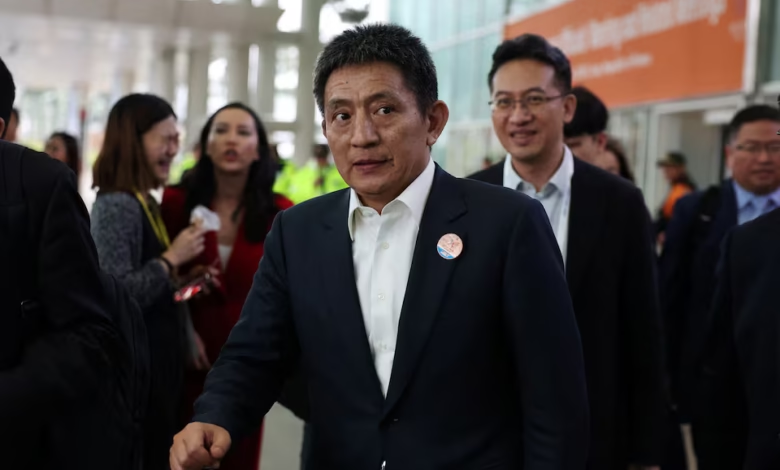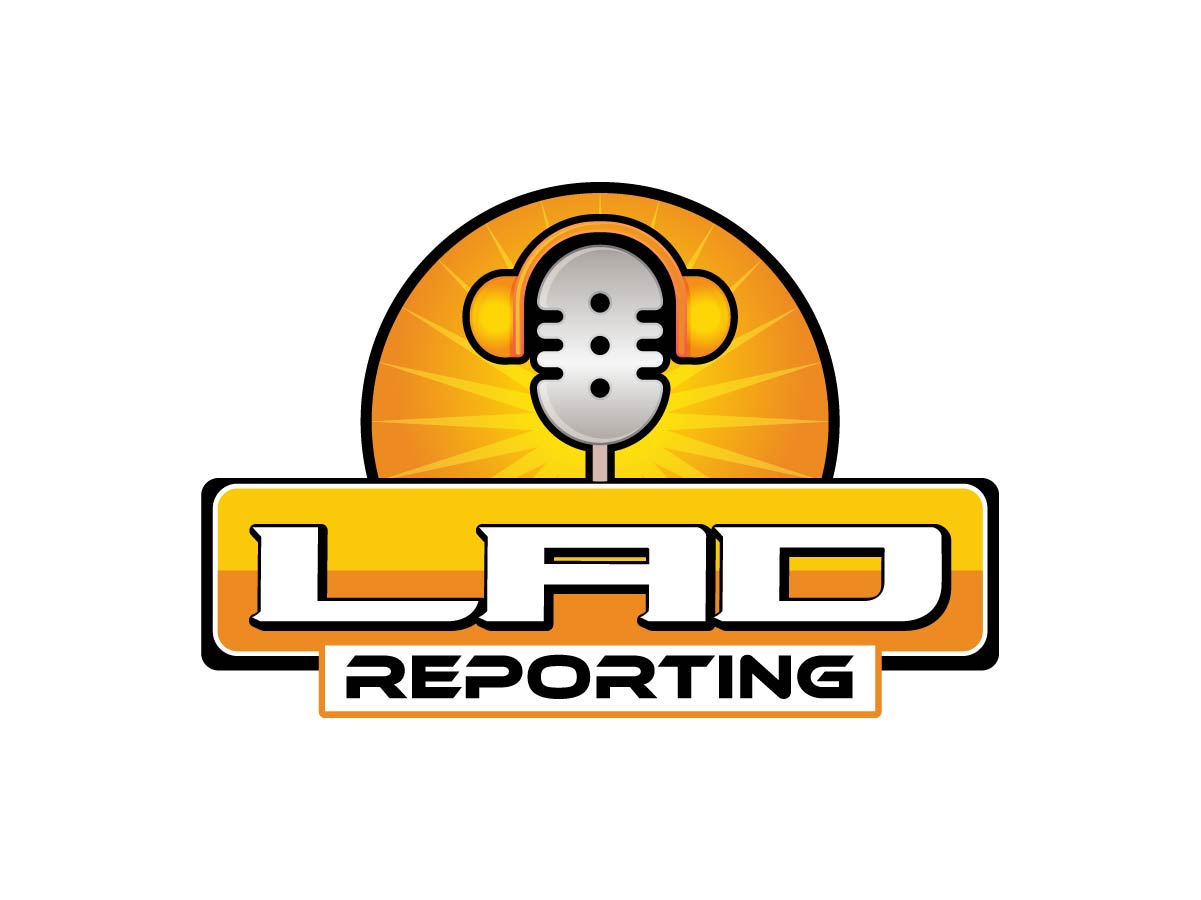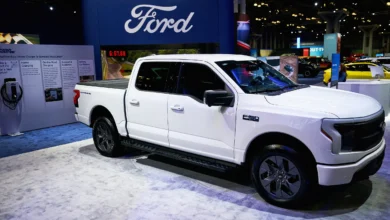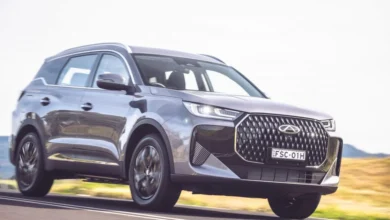China’s Top Trade Negotiator to Visit Washington Amid Tariff Tensions

Senior Chinese trade negotiator Li Chenggang will travel to Washington this week to meet with U.S. officials, according to a U.S. government spokesperson. The visit comes as both countries weigh the future of their fragile tariff truce.
Li, who serves as China’s international trade representative and vice minister of commerce, is a key figure in Beijing’s negotiations alongside economy chief He Lifeng. The spokesperson clarified that Li’s meetings will likely involve deputy-level U.S. officials and are not part of a formal negotiating session.
A source familiar with the matter stated there is no meeting scheduled between Li and U.S. Trade Representative Jamieson Greer. The Wall Street Journal first reported the planned trip. Officials emphasized that the visit was not initiated at Washington’s request.
Global markets are closely monitoring the development. Traders and businesses remain concerned over whether the 90-day tariff extension agreed on August 11 will hold or if President Donald Trump could impose new duties on Chinese imports. U.S. retailers are accelerating stockpiling for the holiday season, while Chinese exporters, facing restricted access to the American market, are seeking alternative buyers to sustain operations.
The current arrangement maintains tariffs at 30% on Chinese imports and 10% on U.S. goods. Economists warn that if U.S. tariffs rise above 35%, Chinese exporters would face prohibitive barriers. The Chinese Commerce Ministry has not yet commented on Li’s visit.
Tensions have been heightened by critical remarks from Chinese Ambassador Xie Feng, who last week denounced U.S. protectionist measures. Speaking at a Washington soybean industry event, Xie criticized the Trump administration’s plan to restrict farmland purchases by foreign entities, including China, calling it “political manipulation.”
Agriculture remains a key flashpoint. Chinese tariffs of 23% on U.S. soybeans have significantly reduced American exports, placing financial pressure on U.S. farmers. Analysts note that increased Chinese purchases of agricultural products could reduce Beijing’s trade surplus with Washington, as seen in the 2020 “Phase 1” agreement, under which China committed to boost U.S. imports by $200 billion over two years. However, Beijing is expected to pursue more favorable terms this time.
“China’s requests will include lower tariffs and possibly access to advanced U.S. technologies,” said Xu Tianchen, senior economist at the Economist Intelligence Unit in Beijing. “It remains uncertain how the White House will respond and what it might demand in return.”
Li’s trip follows three prior negotiation rounds held since May in Geneva, London, and Stockholm. The last senior-level Chinese trade visit to the U.S. was in November 2023, when He Lifeng met then-Treasury Secretary Janet Yellen ahead of the APEC leaders’ summit. Earlier, Vice Premier Liu He traveled to Washington in January 2020 to sign the Phase 1 trade deal with the Trump administration.
Reporting by David Lawder in Washington, Joe Cash and Liz Lee in Beijing, and Devika Nair in Bengaluru; Editing by Christian Schmollinger, Saad Sayeed, Raju Gopalakrishnan, and Lincoln Feast.
Read More: LAD REPORTING




